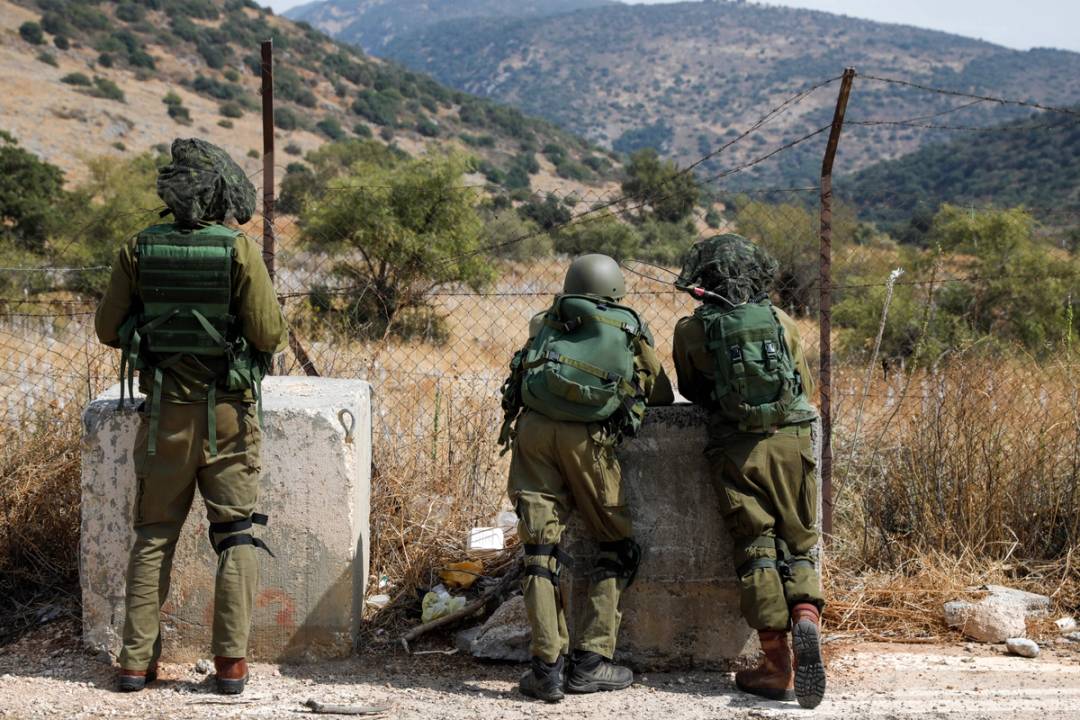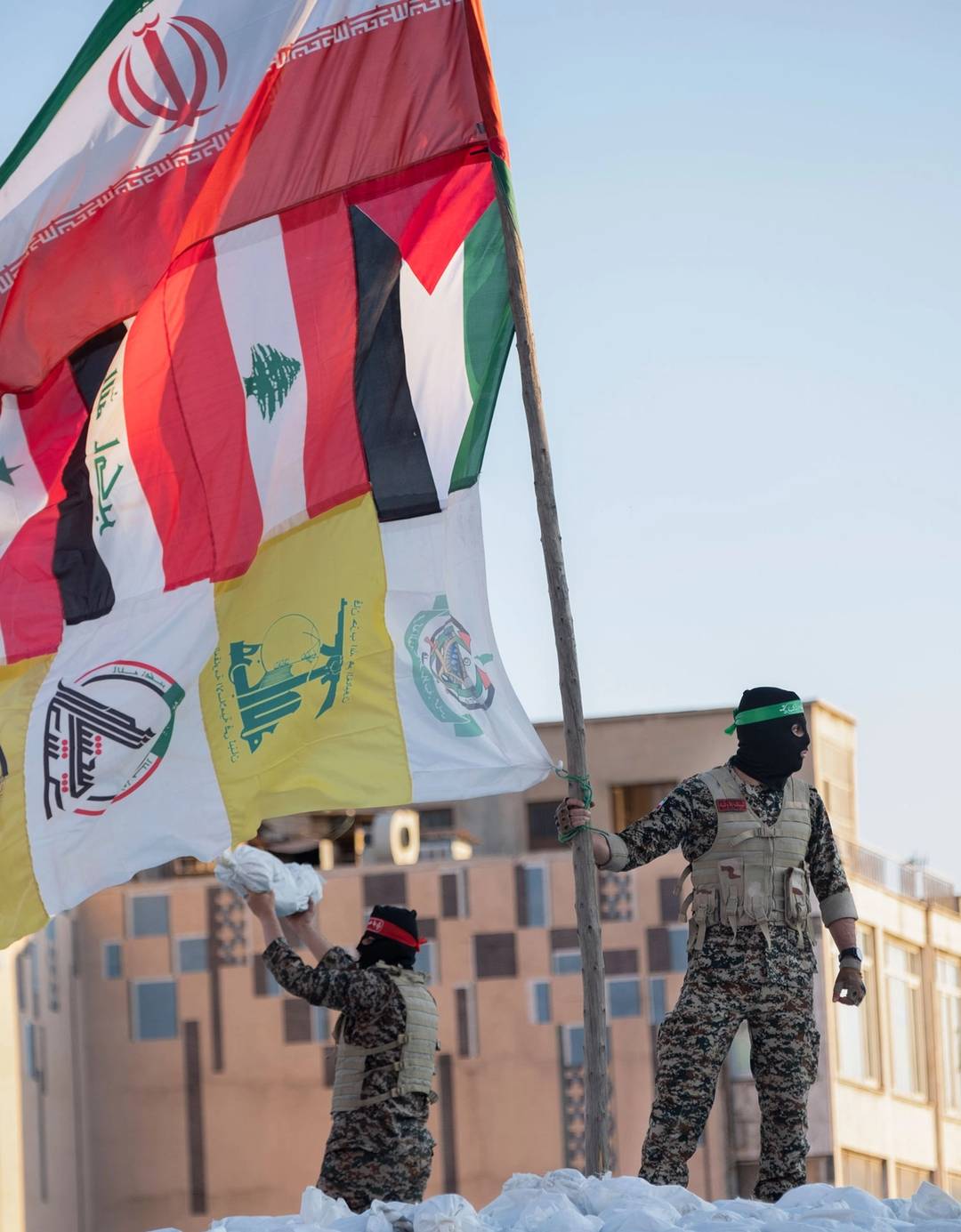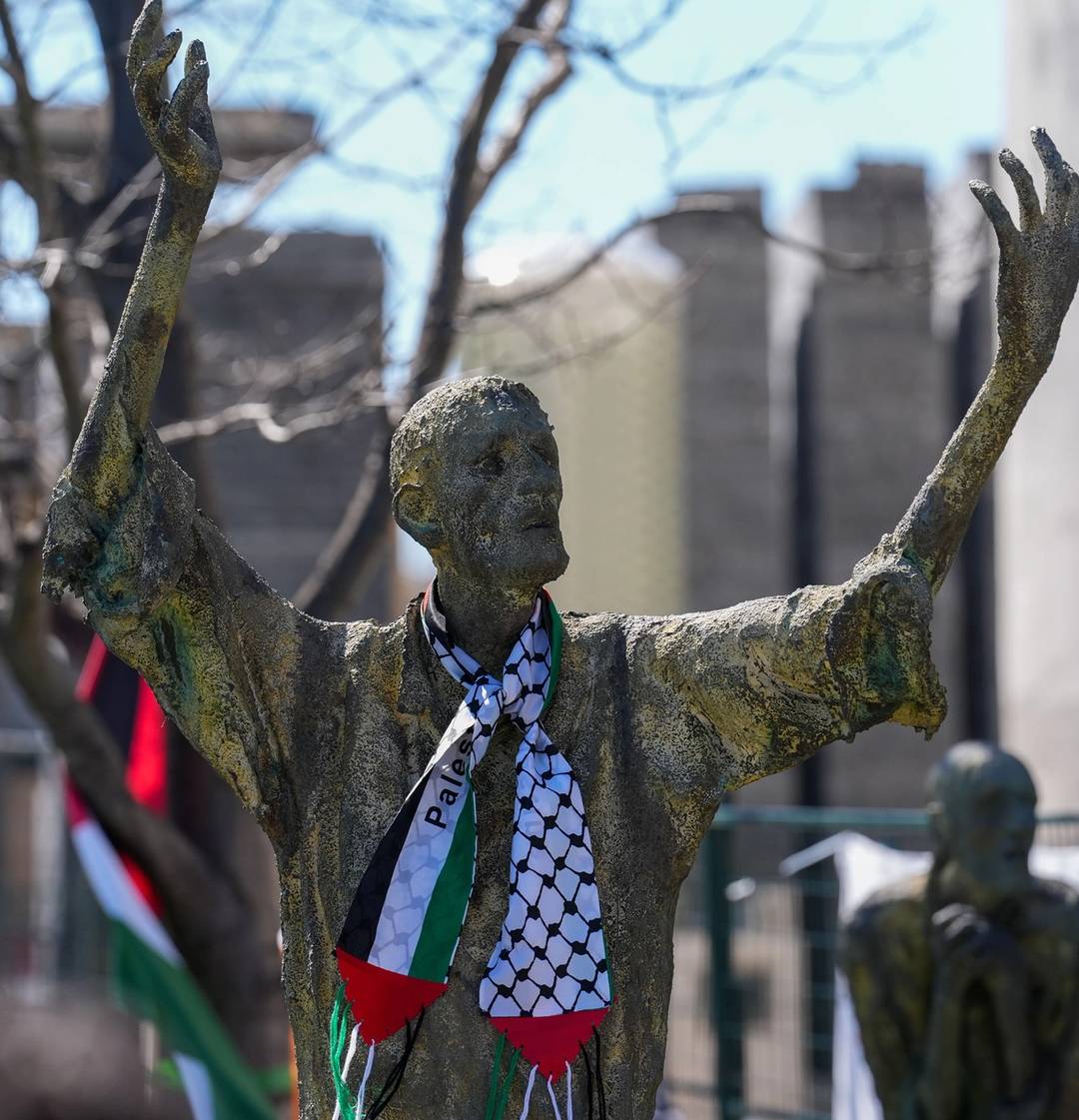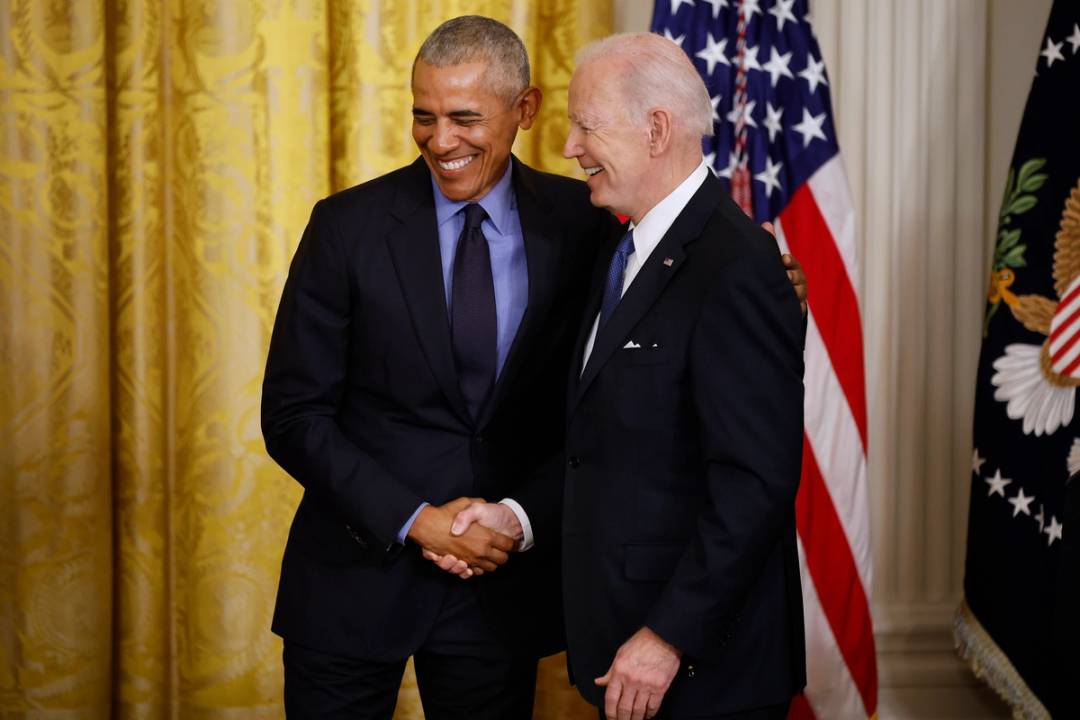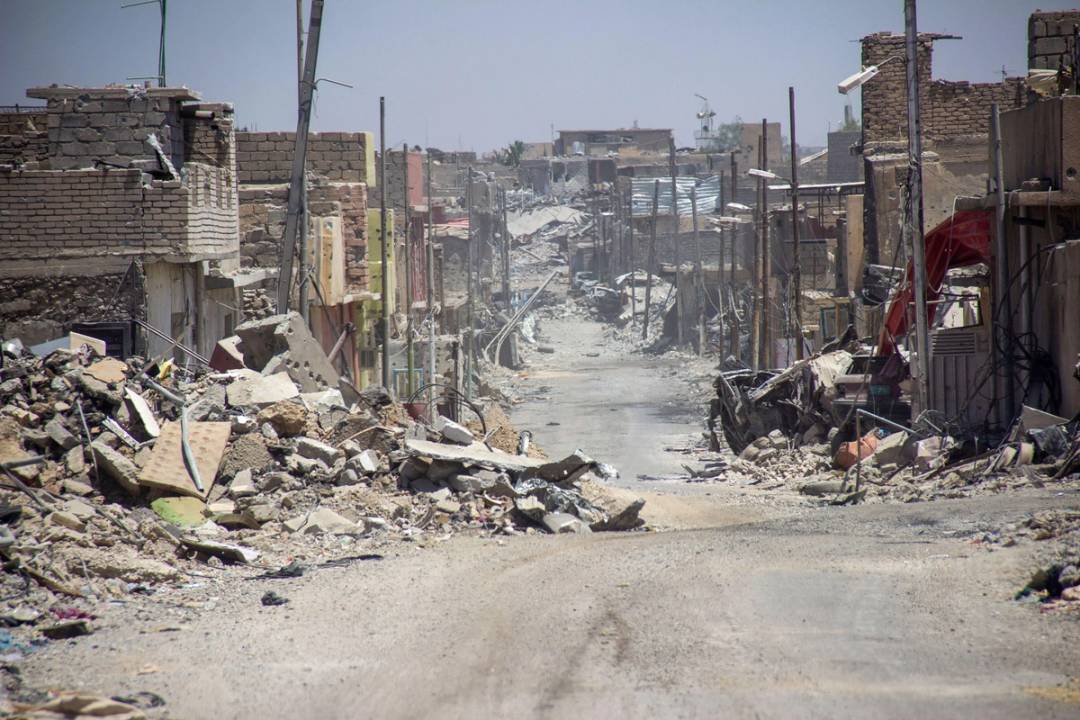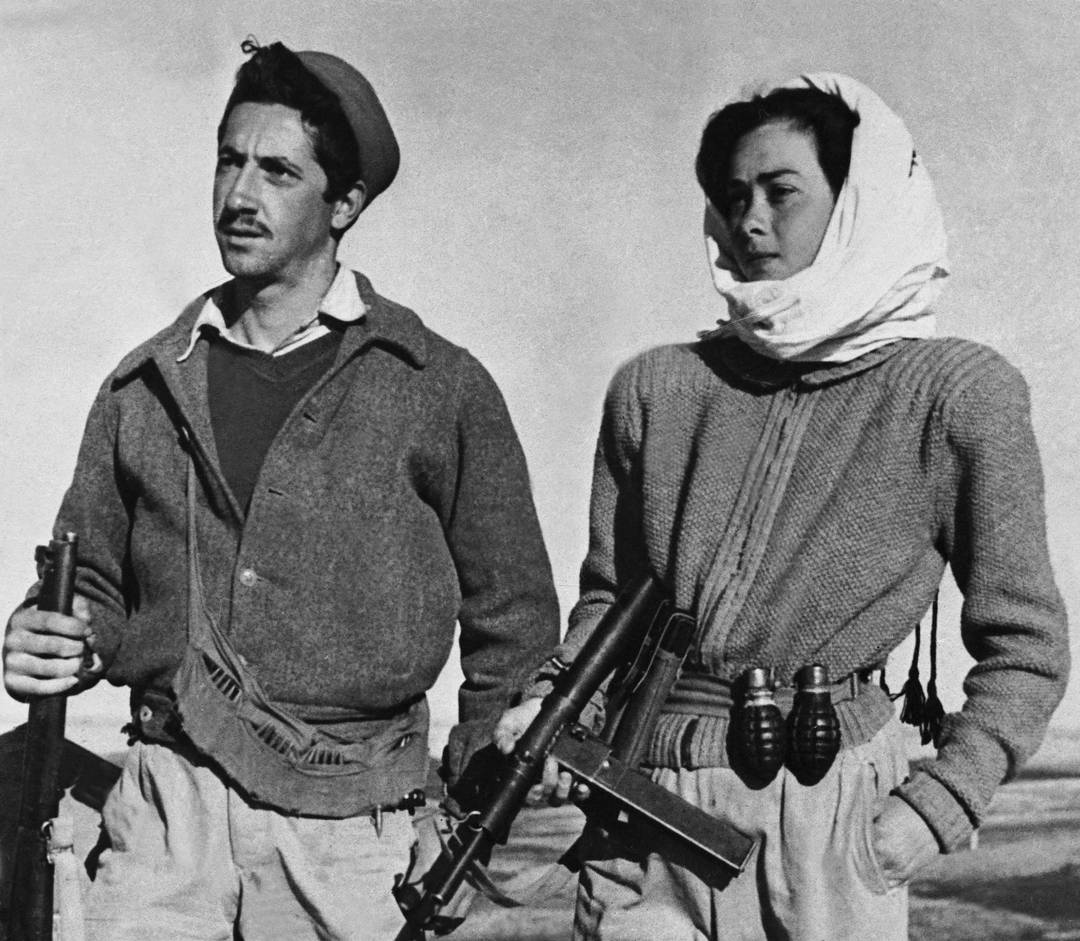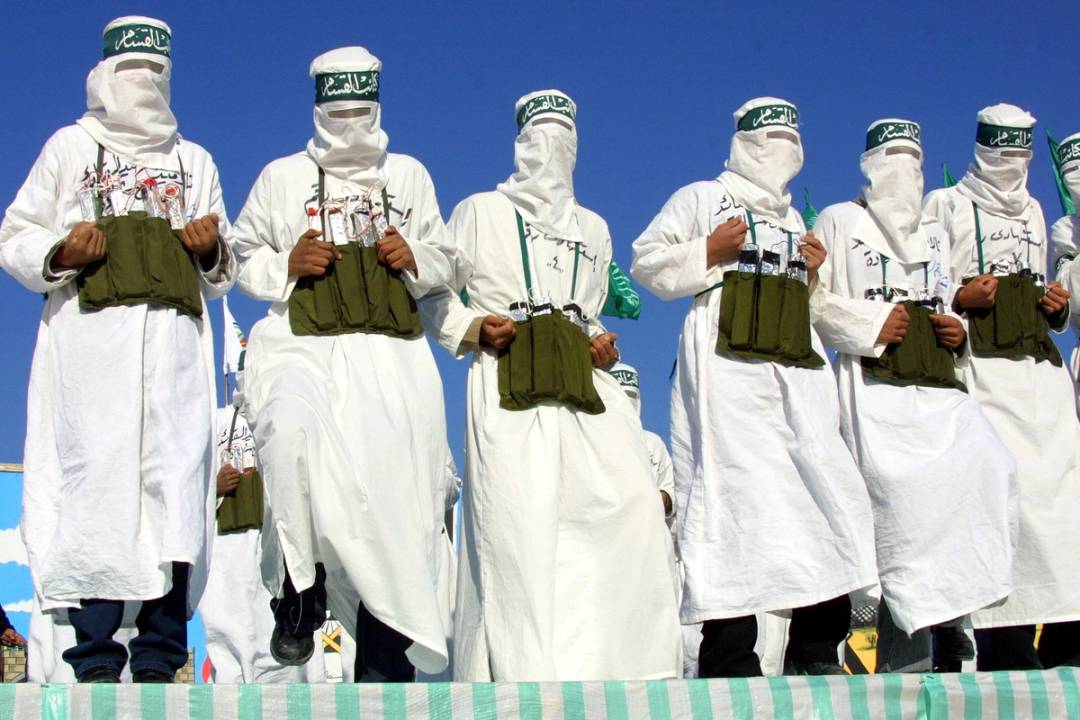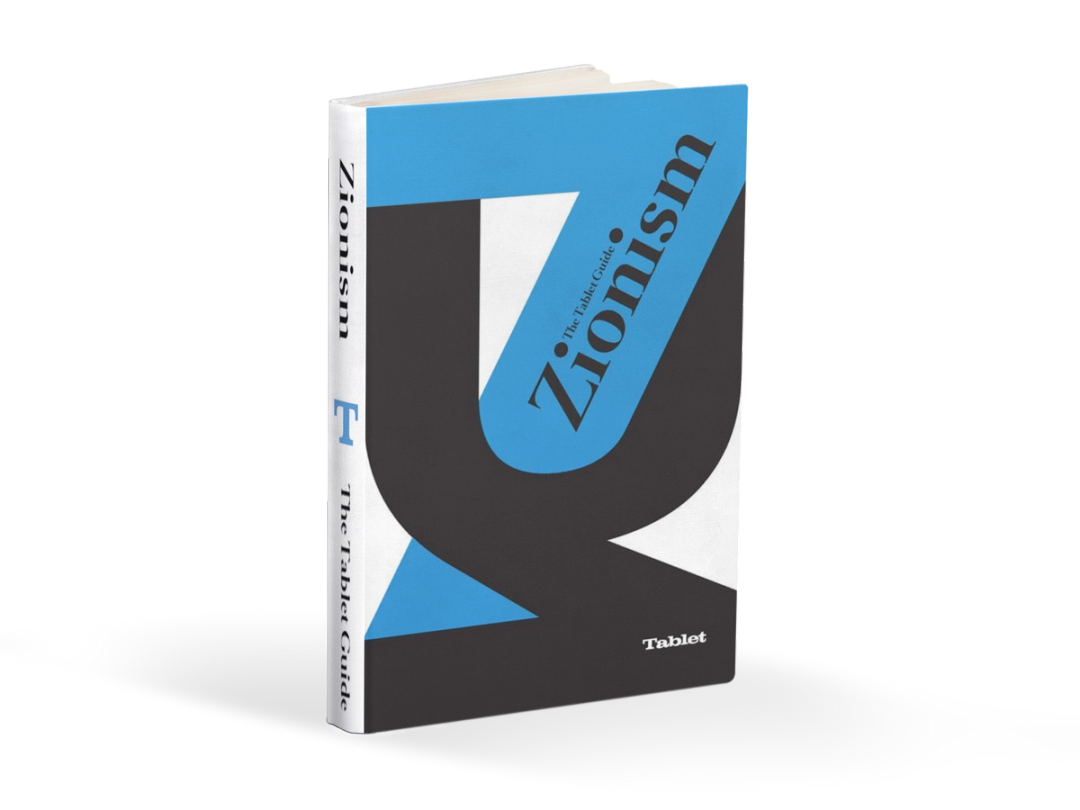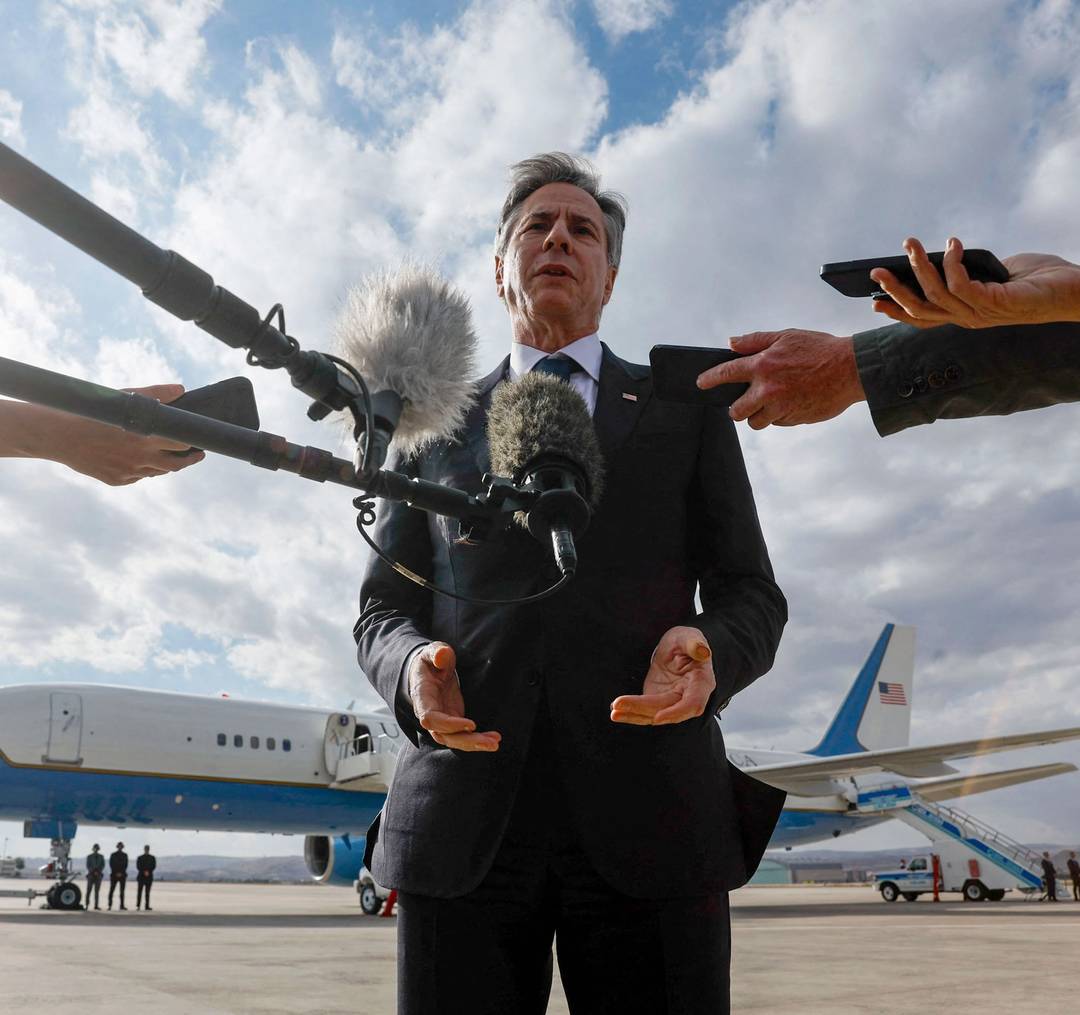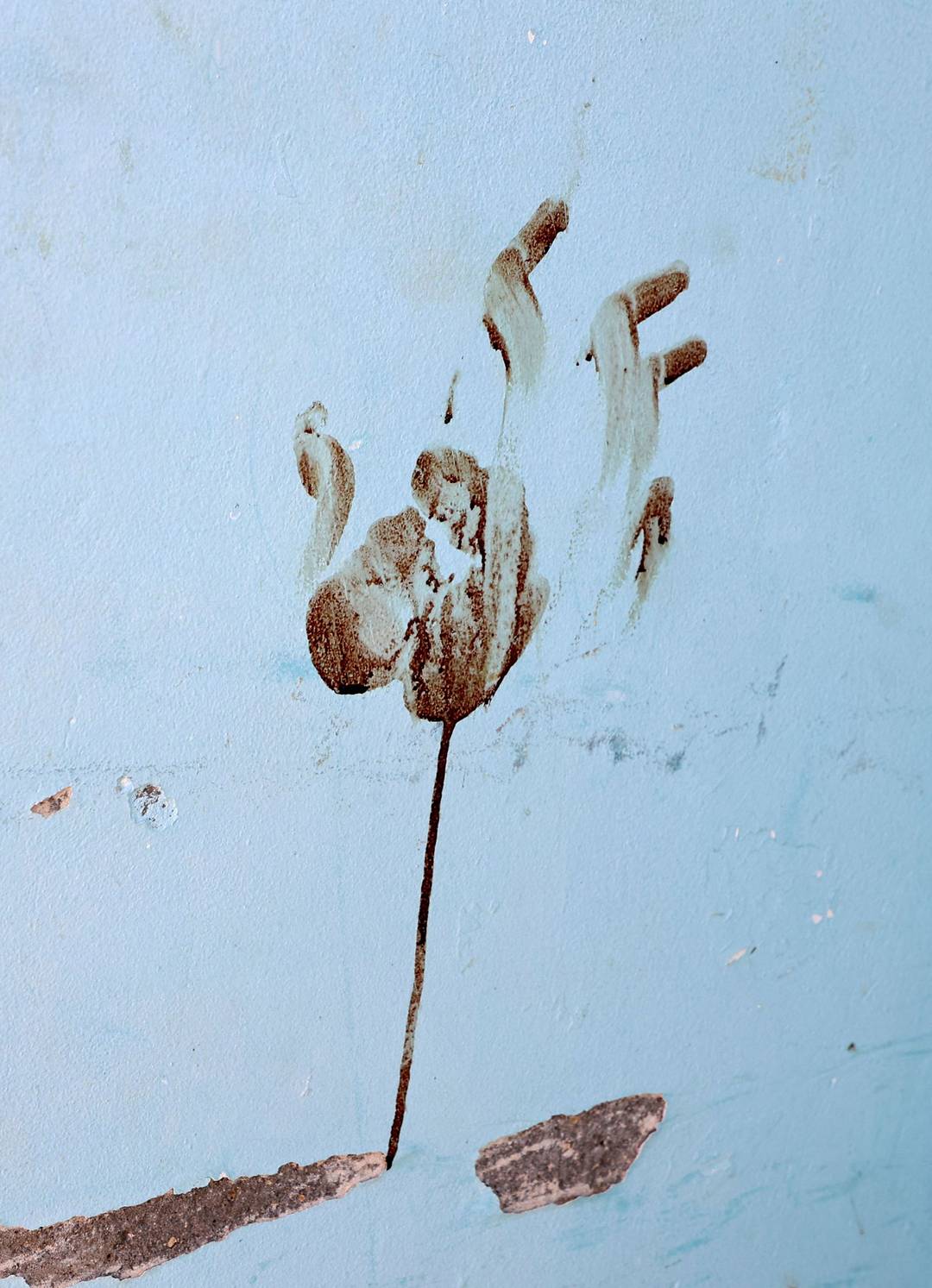Tablet Magazine
Listen to Tablet
Iran Just Changed the Rules of the Mideast Game—Successfully
Mike Doran and Gadi Taub discuss Iran’s escalation
April 18, 2024
Israel’s War and America First
A discussion on how U.S. policies in the Middle East set the stage for the surprise attack on Israel, and what steps Washington should take now to leverage its strengths without getting drawn into another war in the Middle East. Hosted by Tablet Senior Editor of News Jacob Siegel, with Lee Smith and Joe Kent.
WATCH THE RECORDED 1-HR EVENT FROM OCT. 16, 2023 HERE
Lee Smith on the Middle East
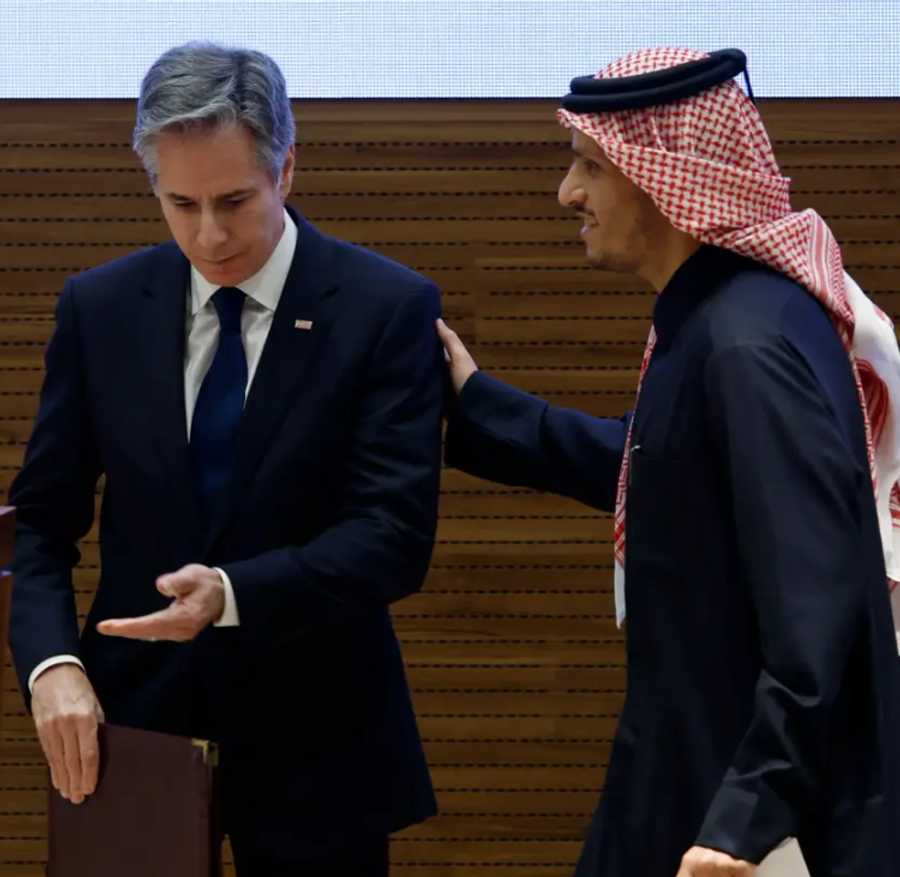

Qatar’s Ugly Hostage Trade
FEBRUARY 06, 2024
The emirate’s role as a back channel between the U.S. and Iran has metastasized into something far more dangerous


The Global Empire of Palestine
DECEMBER 19, 2023
The Palestinians have something better than a state. They have the backing of today’s worldwide power brokers.
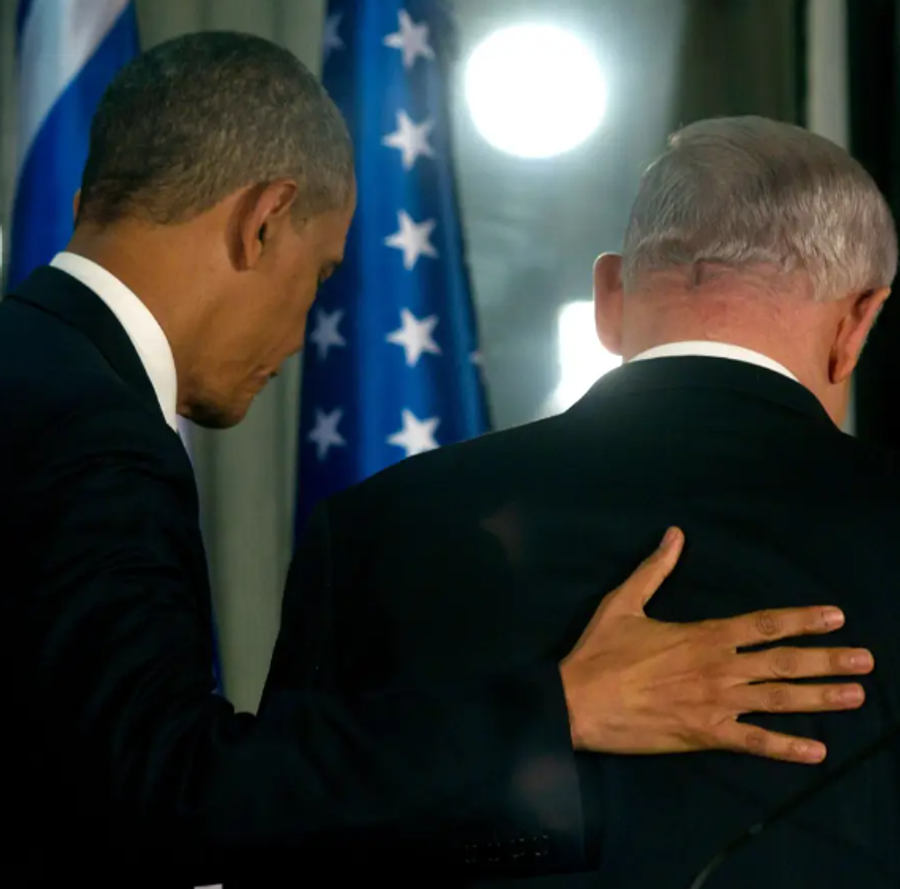

The Israel Op
NOVEMBER 02, 2023
An information warfare campaign tries to flip demoralized portions of the right into supporting Hamas and Obama’s Iran deal
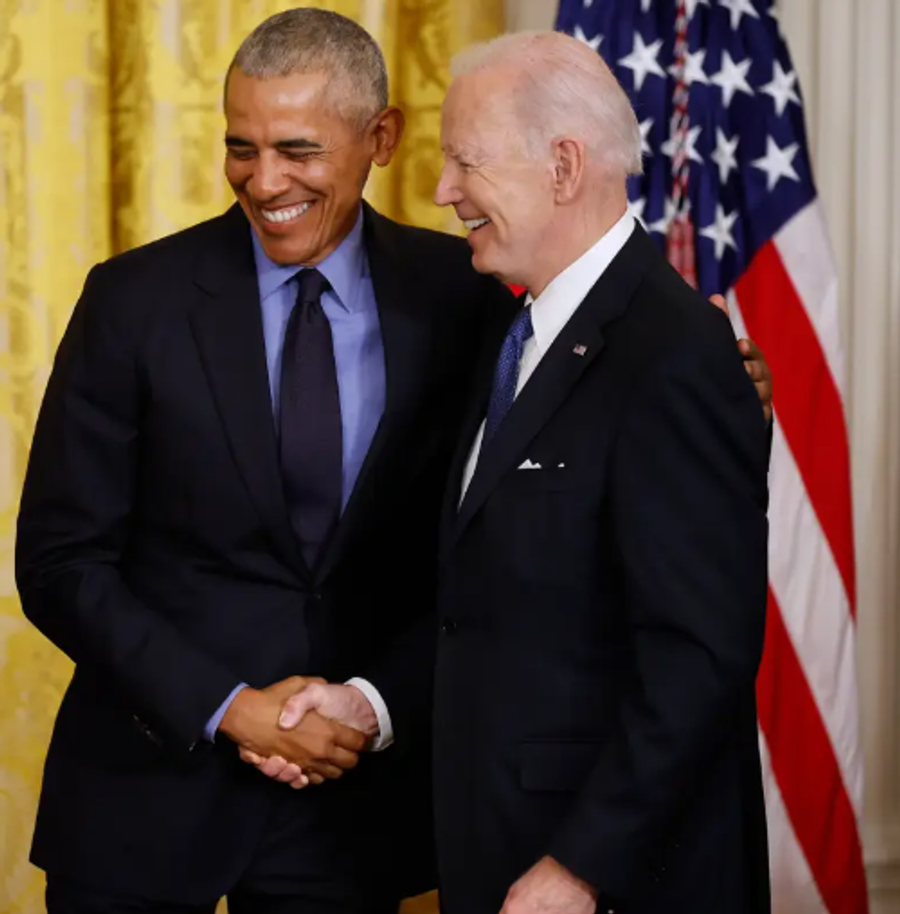

Why the Iran Deal Matters
OCTOBER 08, 2023
It was the first in a series of hugely consequential lies that will shape our country as much as the Middle East
Columnists
See All →︎
What Is the Iran Nuclear Deal?
The Iran nuclear agreement, formally known as the Joint Comprehensive Plan of Action (JCPOA), is a landmark accord reached between Iran and several world powers, including the United States, in July 2015. Under its terms, Iran agreed to dismantle much of its nuclear program and open its facilities to more extensive international inspections in exchange for billions of dollars’ worth of sanctions relief.
Proponents of the deal said that it would help prevent a revival of Iran’s nuclear weapons program and thereby reduce the prospects for conflict between Iran and its regional rivals, including Israel and Saudi Arabia. However, the deal has been in jeopardy since President Donald Trump withdrew the United States from it in 2018. In retaliation for the U.S. departure and for deadly attacks on prominent Iranians in 2020, including one by the United States, Iran has resumed some of its nuclear activities.
In 2021, President Joe Biden said the United States would return to the deal if Iran came back into compliance. Renewed diplomacy initially seemed promising, but after stop-and-go talks, it remains unclear if the parties can come to an agreement.
—Council on Foreign Relations
Newsletter
Subscribe to get Tablet magazine’s unique perspective on the Middle East.
HOW IT ALL GOT STARTED
The Scroll
We read the internet all day so you don’t have to
Stay informed on happenings in the Middle East by susbcribing to our afternoon news digest

